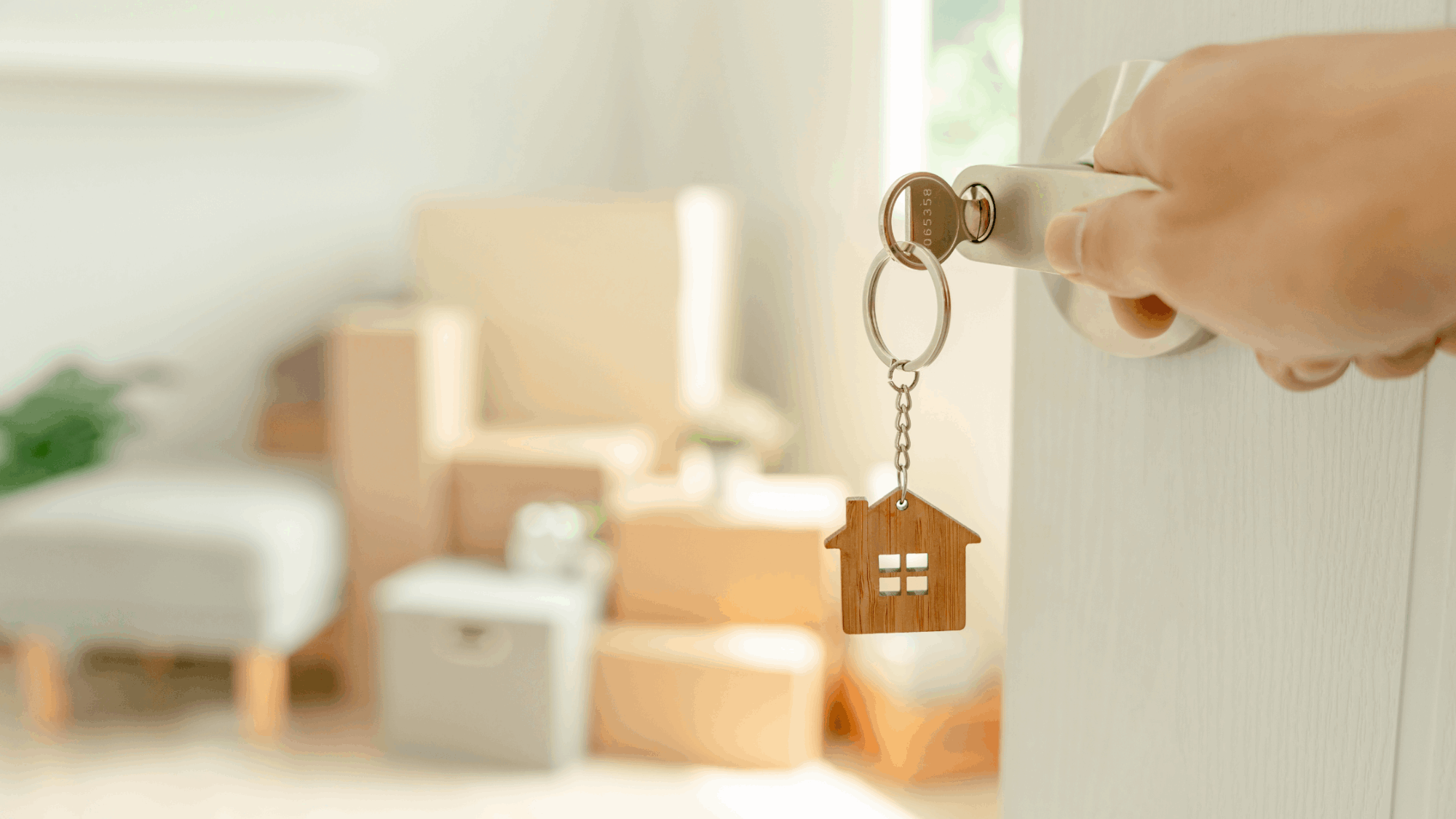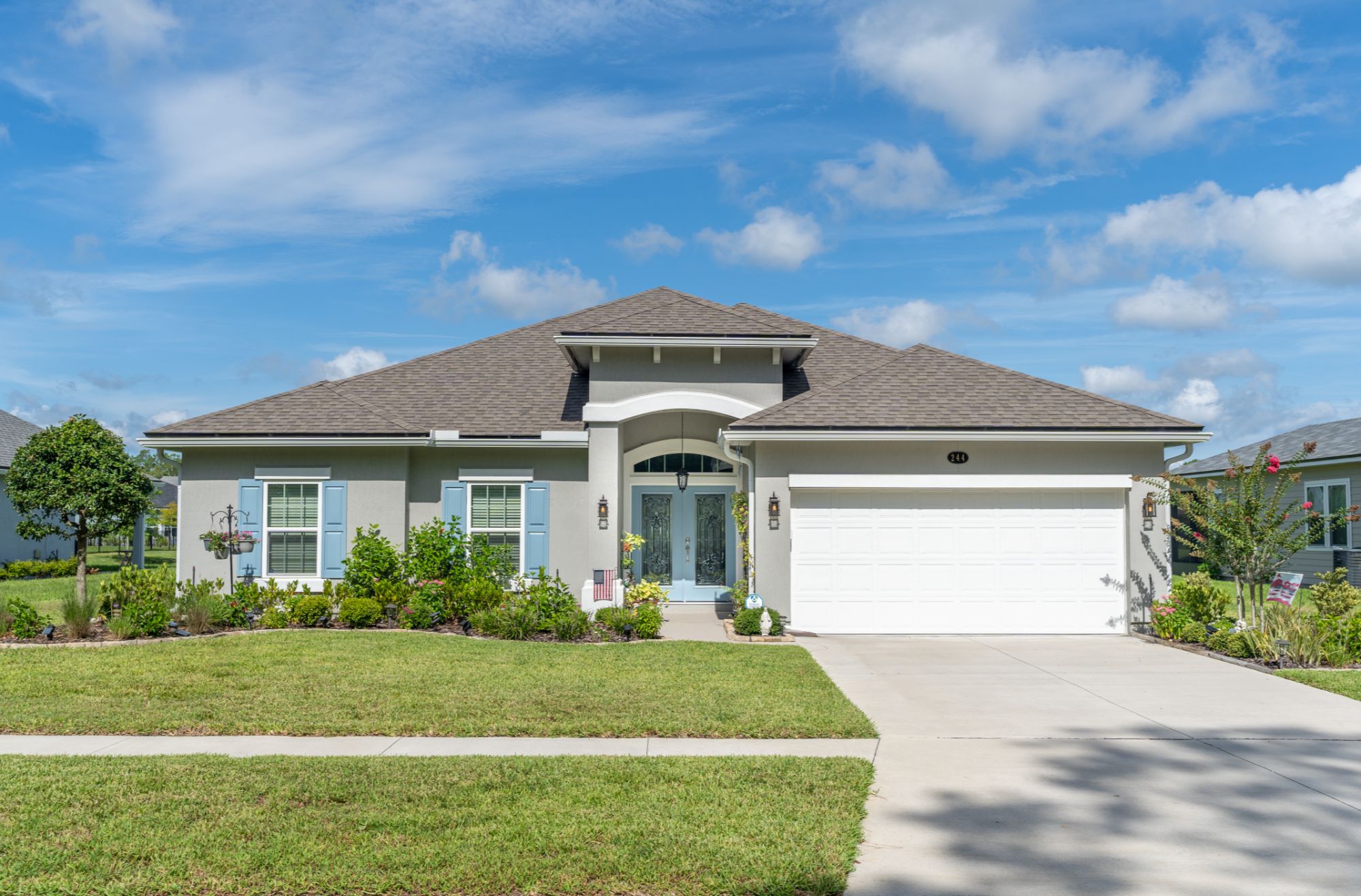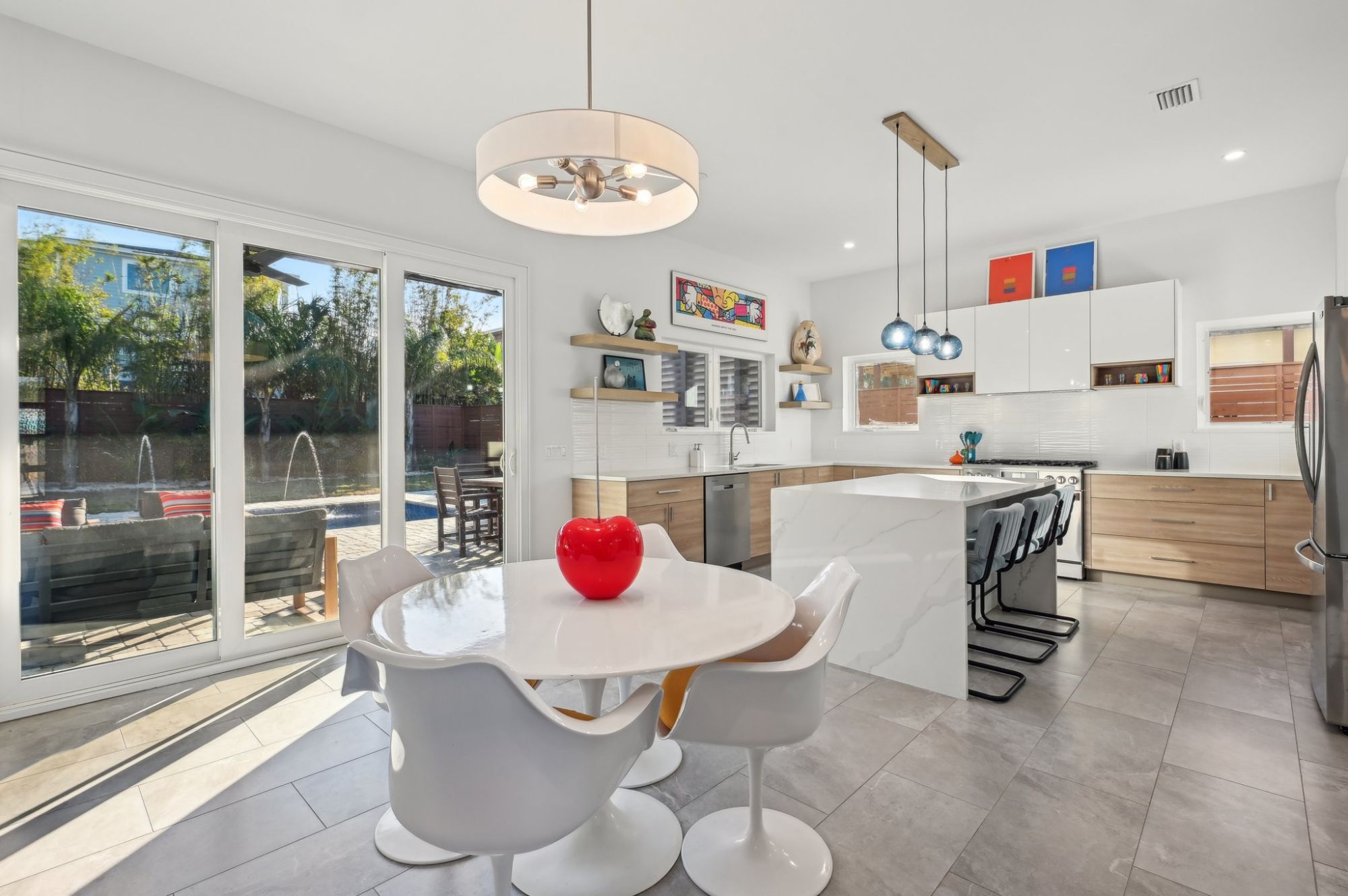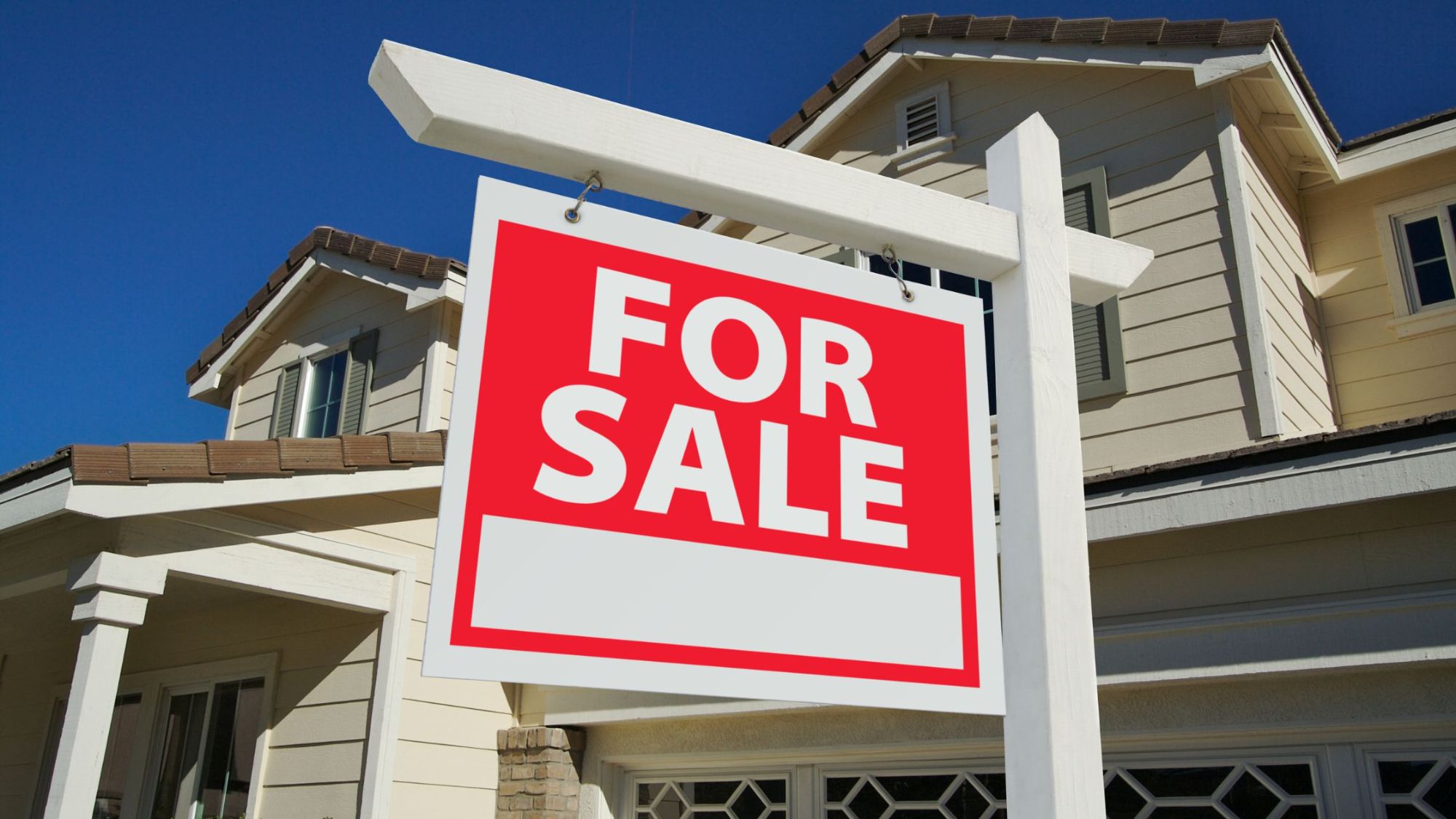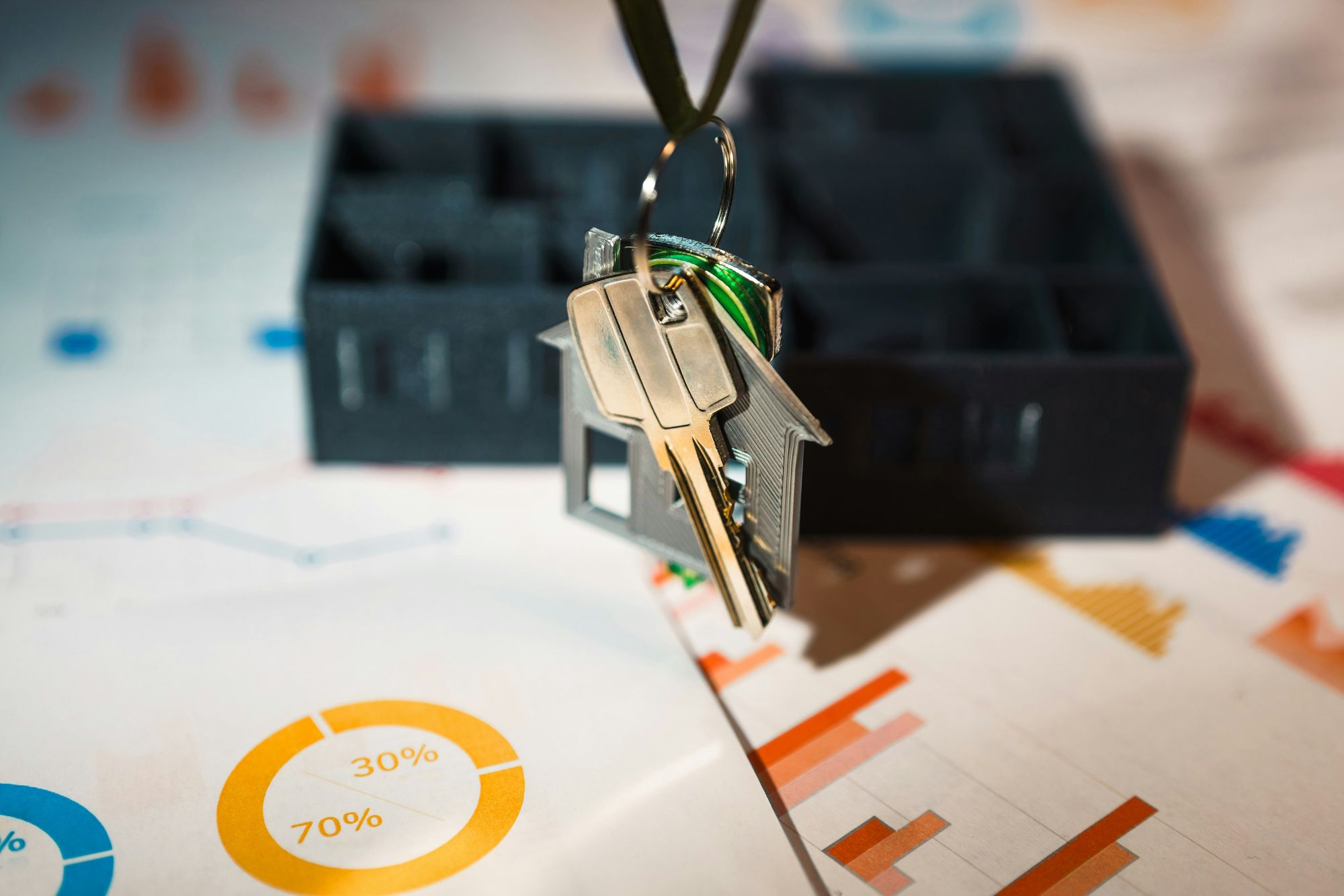Buying a Home May Help Shield You From Inflation in St. Augustine, FL
This blog highlights how owning a home protects you against inflation.
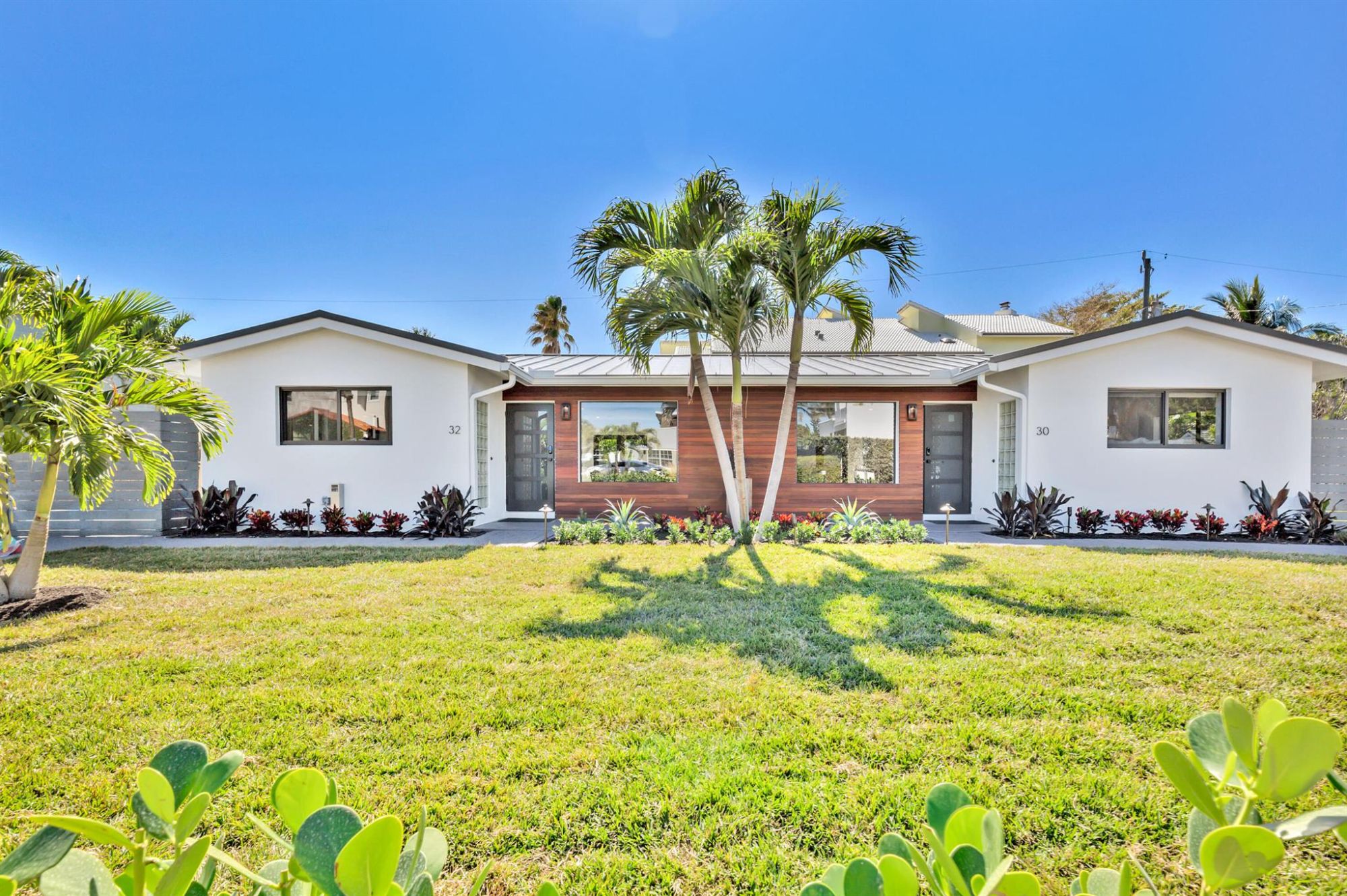
Unlocking Financial Freedom with House Hacking in St. Augustine, FL
House hacking is not just a clever strategy—it’s a revolutionary way to reduce housing costs and build wealth simultaneously. House hacking offers unparalleled opportunities in St. Augustine for aspiring homeowners and seasoned investors. By blending real estate investing with creative housing solut

Harness Your Home's Equity for Financial Growth
As a homeowner in St. Augustine, FL, leveraging your home equity can be a game-changer for your financial future. Home equity is the amount of your home that you own outright - or, simply put, the difference between your home's market value and the remaining balance on your mortgage. As you make mo
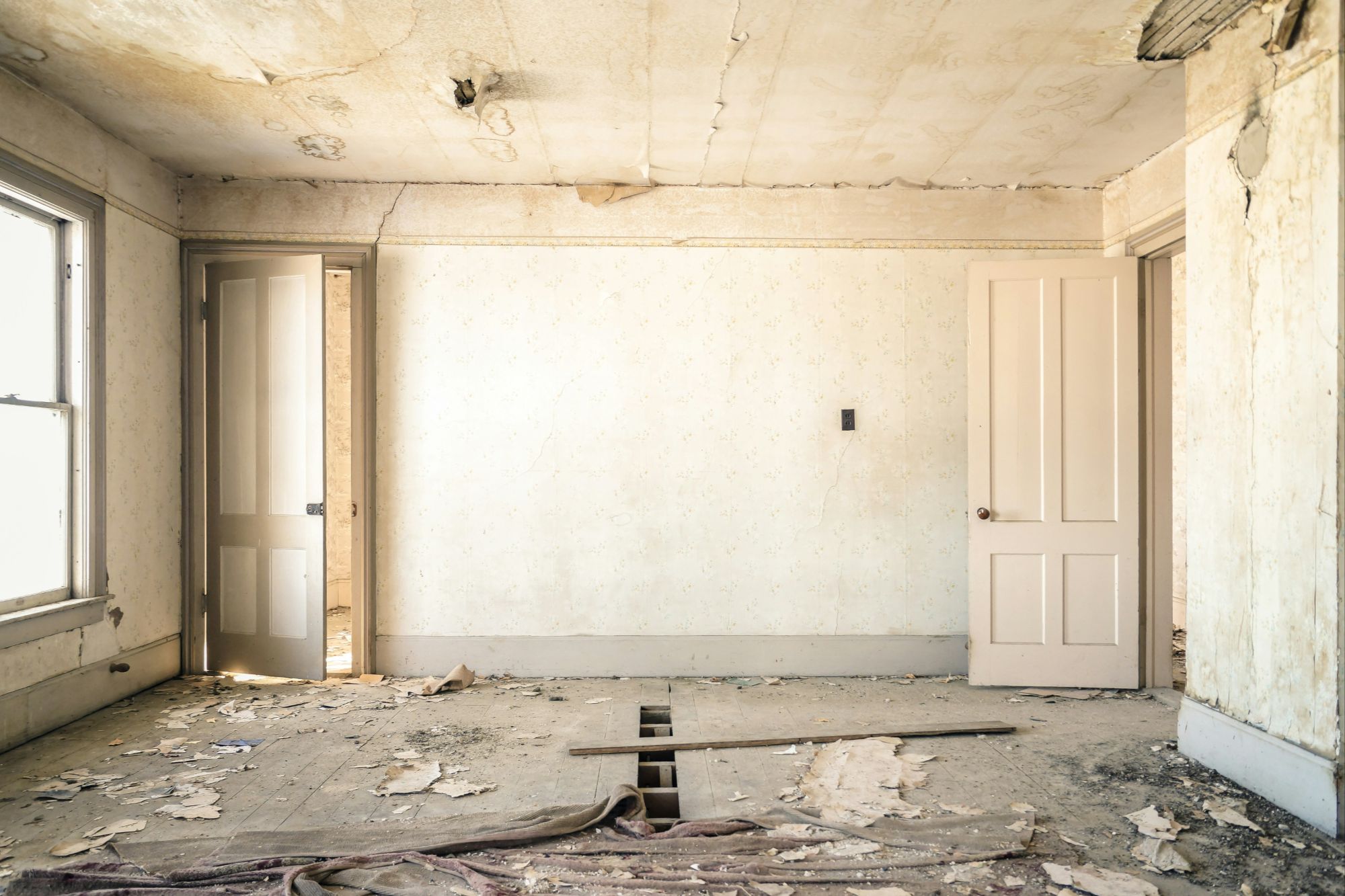
What to Fix in a Fixer Upper
Purchasing a fixer-upper can be an exciting venture, offering the potential for significant financial rewards and a personalized living space. However, diving into such a project requires careful planning, prioritization, and budget management to avoid common pitfalls. This guide aims to equip you
Categories
Recent Posts
